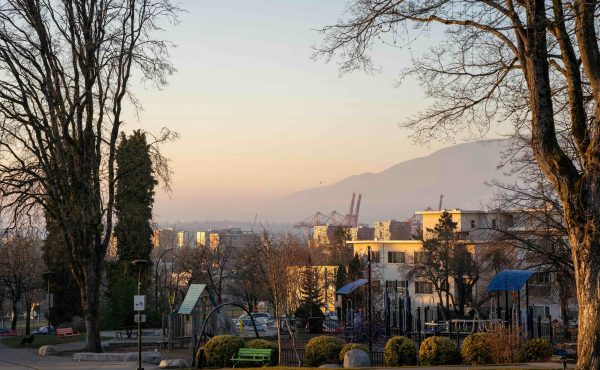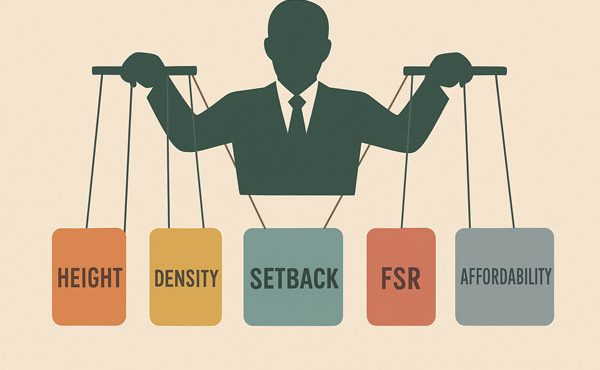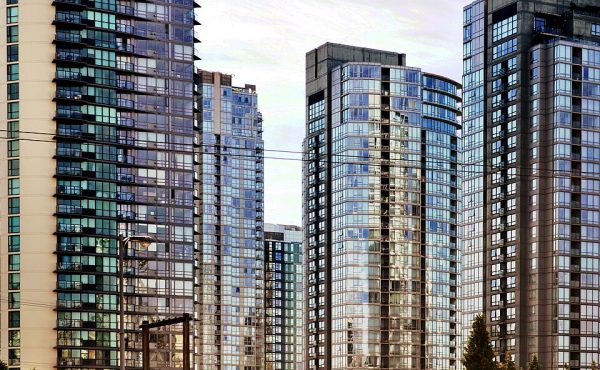

[Editor’s Note: Former Vancouver reporter Christine McLaren is traveling around the world as the resident blogger for the BMW Guggenheim Lab, a mobile think tank investigating solutions to urban problems. She is currently in Naples covering the World Urban Forum and we at Spacing Vancouver are honoured to have her permission to post her ongoing coverage. All posts are also being published on Lab|log at bmwguggenheimlab.org. Be sure to follow Christine’s thoughts from the WUF all week at @BMWGuggLab and #BGLab. Enjoy!]
After a couple dozen hours of train travel, a lot of hand gesturing (note: broken Spanish ≠ Italian), and surprisingly little bureaucratic finagling, I have finally arrived at the World Urban Forum in Naples.
I was grateful to have arrived early to get registered and get acquainted with the site—a monstrous sixty-hectare complex west of the city center—without competing with 13,000 others trying to do the same, all in time for the 9 am opening ceremony.
The first thing that immediately hit me upon receiving my (also) monstrous information package—it came in a box, if that’s any indication of its size—was the necessity of focus. With a program a whopping 206 pages thick, and topics ranging from slum upgrading, to livable public spaces, to waste management and water sanitation, to the involvement of women, youth, and indigenous people in urban development and economies, there is no question that it is impossible to cover the forum in its entirety, or even to scratch the surface. The best approach is to narrow in on a more specific area of interest, and stick with it.
So I’ve decided that, in between my reporting on the major dialogues and events at the WUF, I will attempt to spend my time at the smaller sessions and networking events focusing primarily on housing and shelter.
Over the past year working with the Lab, it has become increasingly clear to me that much of what we talk about regarding cities eventually comes back to housing and where we live. This, I think, is because it determines how we live. It determines who is in your community, how you move around the city, what city amenities you can or cannot access, or even the type of food you eat. In the worst cases, it can determine whether or not your water is clean, or maybe even how long you have to travel to access it. It is also the indicator species of inequity: even if our cities grow sustainably and well, affordable, adequate housing for the poor, or even for the middle class, is often the first casualty.

There are many fascinating sessions over the next several days broaching this topic, and I hope you’ll join me in carrying the conversation forward here while following along with the other major dialogues, events, and sessions.

***
Get more of Christine’s thoughts from the WUF all week at @BMWGuggLab and #BGLab.
**
Christine McLaren is a freelance journalist who investigates solutions to urban problems. She is currently traveling as the resident blogger for the BMW Guggenheim Lab, a mobile urban think tank investigating urban solutions in nine cities around the world. Her writing and research explores how the shape of our cities impacts the lives and behavior of those living in them and how shifting social, environmental, and economic climates are changing our relationship with the urban fabric. Based in Vancouver, Canada, she has written for publications such as Spacing, Zoomer, BC Business, Unlimited, and Momentum Magazines and reported for numerous print, online, and television news outlets. She was also the lead researcher for award-winning Canadian journalist and New York Lab Team member Charles Montgomery’s upcoming book Happy City, and conducted research for National Geographic Emerging Explorer Alexandra Cousteau‘s upcoming book, This Blue Planet.



